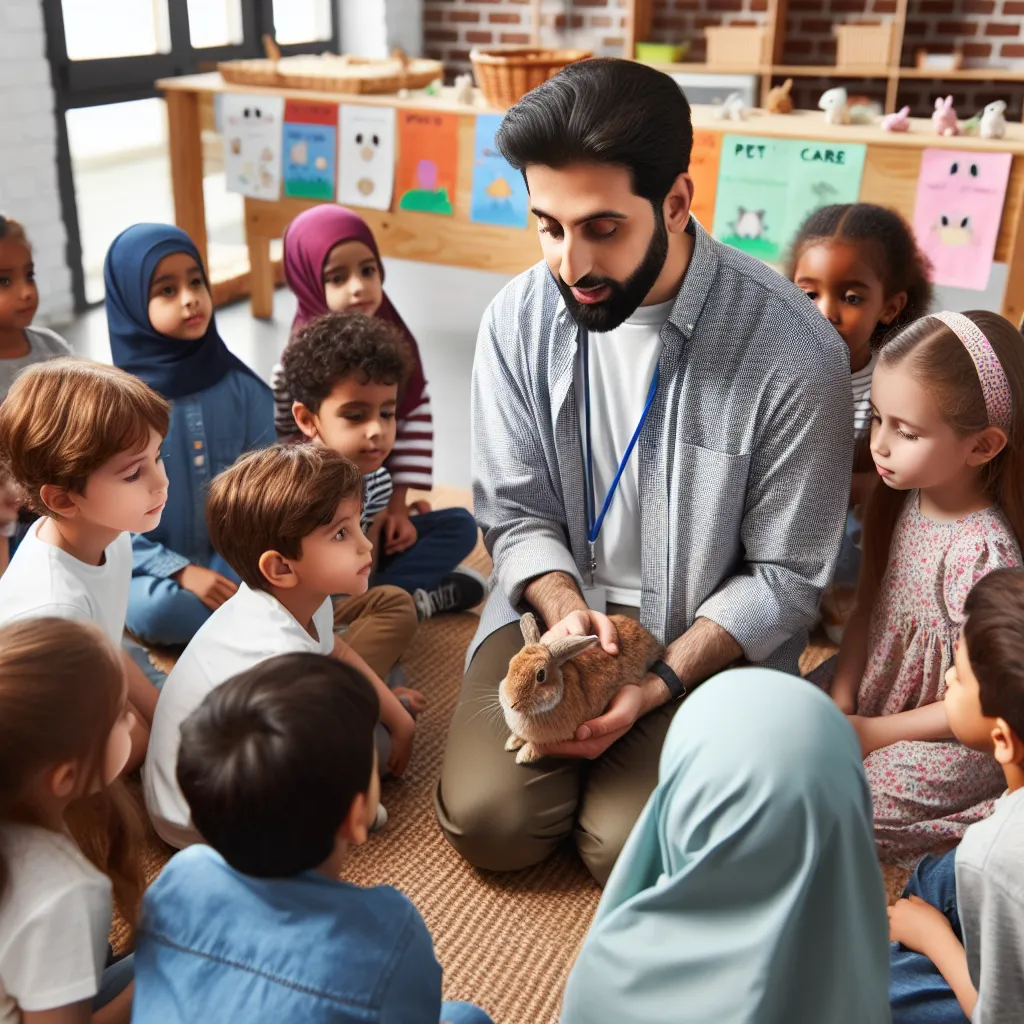Ask AI on The Internet
Question: As a foundation and intermediate phase teacher, encouraging your learners to show social responsibility by caring for the elderly in their families and communities will help them develop a social conscience. Write an essay of 1000-1200 words (about 2/3 pages) in which you discuss why this is important and how you as foundation and intermediate phase teachers, can effectively foster a sense of compassion and empathy in your learners for the elderly. Use the scaffolding points below to think through the possible content/ideas/ of your essay. Your essay should consider the following: 1. Why encouraging a sense of empathy and compassion for the elderly is important. 2. That an understanding of how fostering a sense of social duty for the elderly can develop a learner holistically. 3. Why having a social conscious is necessary. 4. Strategies and activities you can use to conscientise your learners on showing social responsibility to the elderly. Your essay could include the following: 1. The importance of making learners aware of the importance of the elderly in the community and why they should show them compassion and empathy. 2. Ways in which encouraging learners to be socially responsible can develop a learner mentally, emotionally and socially. 3. Discussions, activities, strategies and resources that could be used to teach learners social responsibility to the elderly. 4. Reflections from your own experiences. 1. Use the question as your topic. 2. Do not make use of any headings. 3. Ensure that your essay is coherent and grammatically correct. 4. Proofread and edit before you submit. 5. Try to keep to the prescribed word count. Page | 9 Remember to use the correct essay format: Please provide 1200 words
**Encouraging Learners to Show Social Responsibility by Caring for the Elderly** In the rapidly evolving landscape of society, fostering a sense of social responsibility and empathy in young learners is becoming increasingly important. Most importantly, developing compassion and care for the elderly within their families and communities can significantly shape the holistic development of learners. As foundation and intermediate phase teachers, we can play a pivotal role in guiding children to understand the importance of the elderly and fostering a culture of empathy and compassion towards them. Empathy and compassion for the elderly are foundational pillars of a cohesive society. The elderly are a repository of wisdom, traditions, and historical experiences that enrich communities. By encouraging young learners to care for the elderly, we instill in them a sense of respect for this wealth of knowledge and experience. This reverence for the elderly encourages learners to value relationships and community ties, which are crucial for their social development. Additionally, the elderly often face numerous challenges such as loneliness, health issues, and mobility restrictions. Teaching empathy helps children recognize and respond to these challenges, enhancing their emotional intelligence and sensitivity towards the needs of others. Fostering empathy and social duty towards the elderly contributes significantly to the holistic development of a learner. Firstly, it aids in emotional development as students learn to understand and manage emotions by empathizing with the elderly, fostering emotional resilience and maturity. Secondly, it cultivates social development by encouraging positive interactions and building relationships with older adults, which can improve communication skills and social behaviors. Finally, the responsibility of caring for someone else promotes a sense of independence and confidence in young learners, as they perceive themselves as capable contributors to their family and society. Having a social conscience is integral to the fabric of a responsible community member. A social conscience reflects an individual's awareness of and responsiveness to social issues and the needs of others. It encourages learners to think beyond themselves, consider the welfare of others, and engage in actions that promote communal well-being. In a diverse and interdependent world, a socially conscious individual is better equipped to contribute positively, fostering environments of mutual respect, cooperation, and support. Thus, incorporating the value of caring for the elderly helps young learners develop this essential trait early on. Strategies and activities to instill social responsibility towards the elderly could be varied and engaging. Intergenerational programs can be an effective method, where students and elderly individuals engage in shared activities such as storytelling, art, or games. Such programs provide practical opportunities for students to interact with the elderly and build relationships based on respect and understanding. Classroom discussions about the lives and contributions of the elderly can also be very insightful. These discussions can include sharing stories of grandparents, discussing historical changes witnessed by the elderly, and understanding their contributions to the community. Incorporating books and videos that portray positive elderly role models and their unique experiences can also enrich these discussions. Additionally, organizing visits to elderly care homes can be profoundly impactful. These visits allow learners to witness firsthand the lives of the elderly, understand their needs, and bring joy through their presence and activities. Another effective strategy is project-based learning, where students can participate in projects aimed at serving the elderly. This can include organizing charity events, community service programs, or creating gifts and cards for elderly community members. Such projects help students realize the direct impact of their efforts on others, promoting a sense of achievement and social responsibility. Reflecting on my experiences, I recall organizing a "Grandparents' Day" at school, which offered students the opportunity to honor and celebrate their grandparents. This event was not only enjoyable but deeply educational, as students prepared songs, stories, and performances that celebrated their grandparents' lives. The joy and pride witnessed in both students and grandparents were palpable, indicating the profound impact of such initiatives. Integrating the subject of the elderly into various academic subjects can also be beneficial. For instance, in language classes, learners can write essays or poems about their grandparents. In art, they can create portraits or crafts for elderly family members. In history and social studies, they can explore historical events through the lens of older generations. This multidisciplinary approach ensures that the value of caring for the elderly permeates the entire learning experience. It is equally important to model compassionate behavior ourselves. Teachers should demonstrate respect and kindness towards elderly individuals both in and outside the classroom. Sharing personal stories of interactions with the elderly and expressing genuine appreciation for their contributions can deeply influence learners. Moreover, encouraging students to share their experiences and reflections on caring for the elderly can create a positive reinforcement loop, where learners motivate each other through their acts of kindness. Teachers can also engage parents and communities in this educational journey. Organizing workshops and providing resources to parents on the importance of teaching empathy towards the elderly can ensure that these values are reinforced at home. Collaborating with community organizations to create programs that involve students in elderly care can extend learning beyond the classroom and foster a community-wide culture of respect and care for the elderly. In conclusion, teaching young learners to care for the elderly is fundamental in nurturing a compassionate and socially responsible generation. As foundation and intermediate phase teachers, we have the unique opportunity to shape students' perspectives and encourage behaviors that promote empathy and respect for the elderly. By incorporating discussions, intergenerational programs, project-based learning, and modeling compassionate behavior, we can cultivate a social conscience in our learners that will benefit not only the elderly but enrich society as a whole. Through these efforts, we contribute to the creation of a more compassionate, empathetic, and socially responsible community.
Think your answer is better than the AI's? Post it below.
Other Most Relevant Posts:
Question Tags
If you want your question answered by an AI, click here.







Post your own comment: